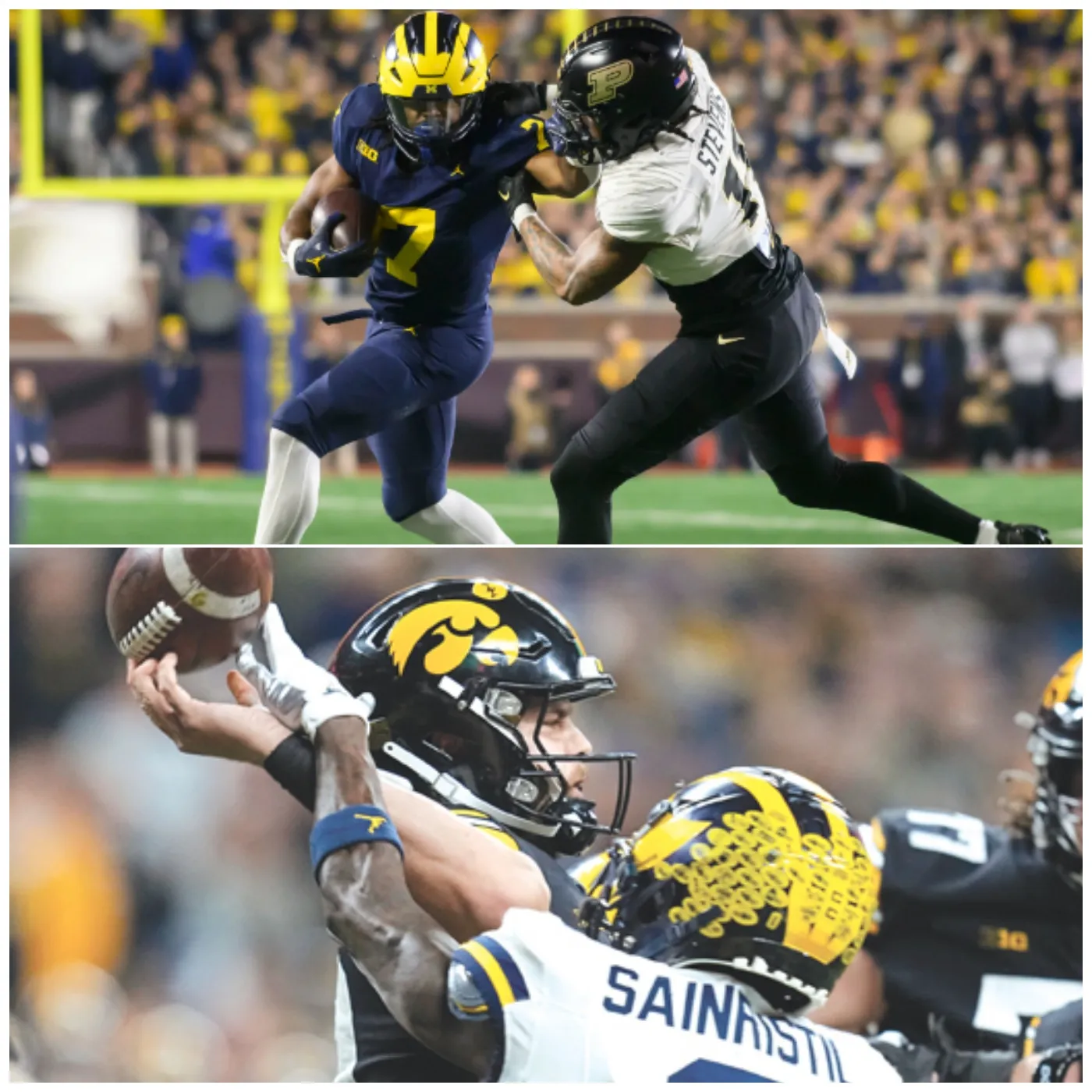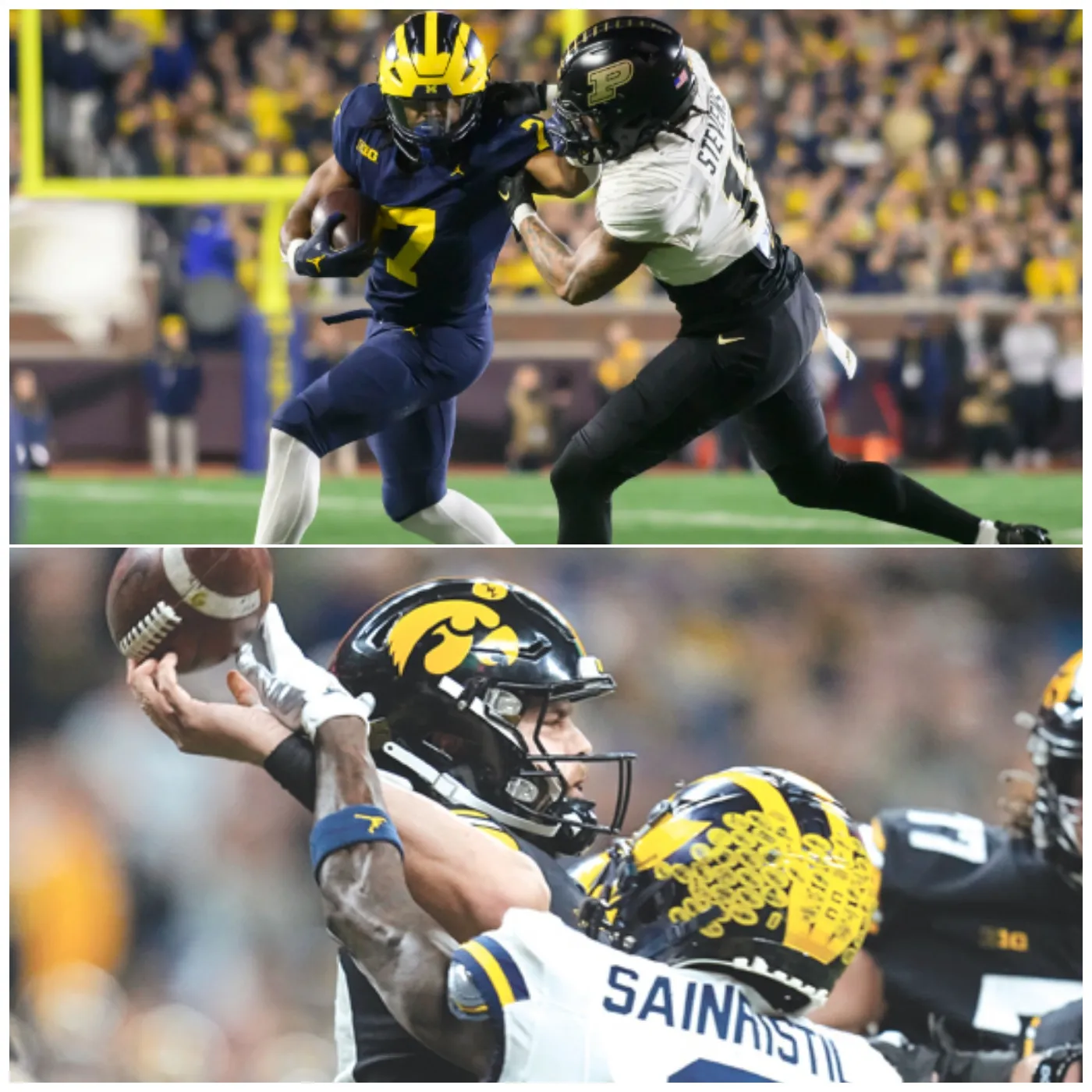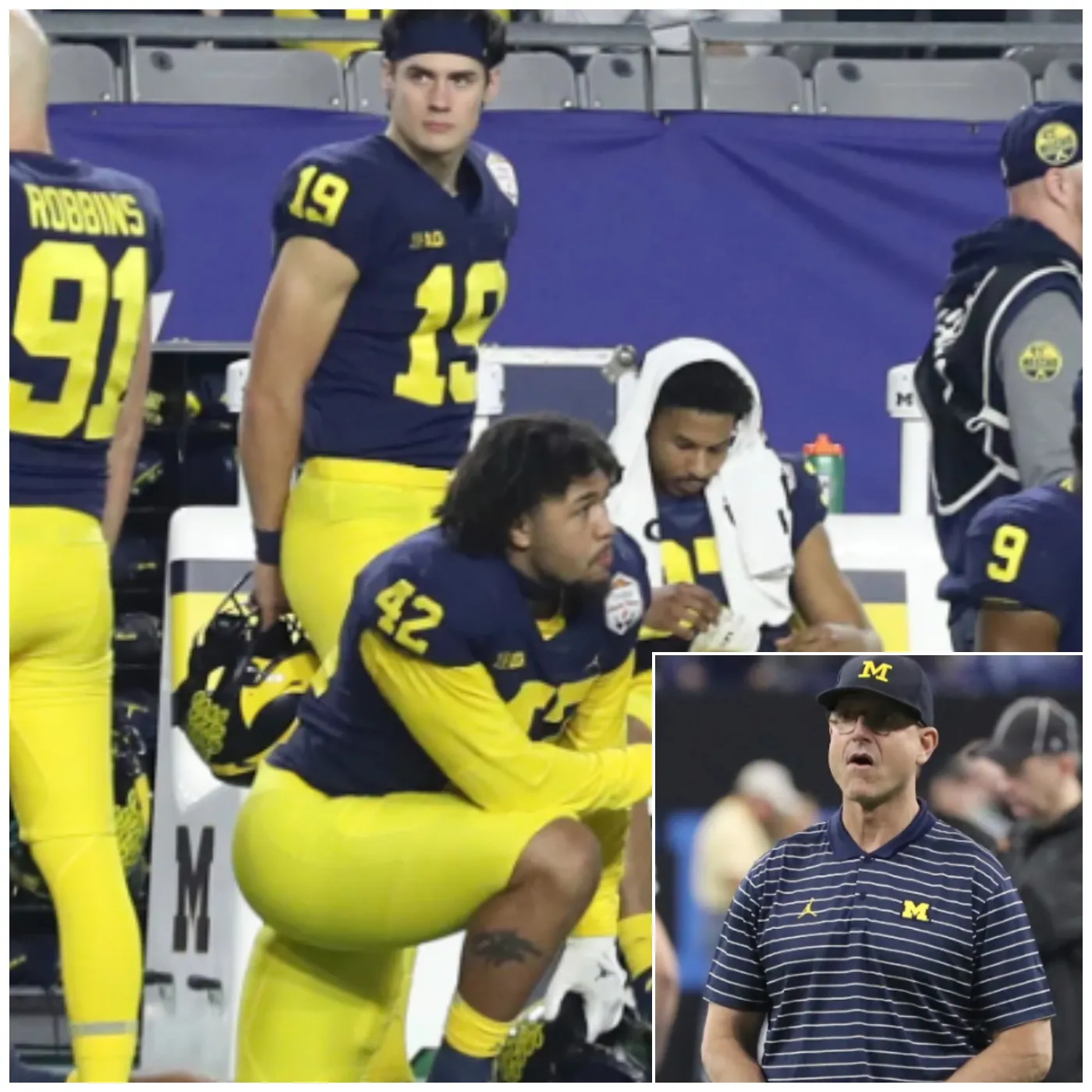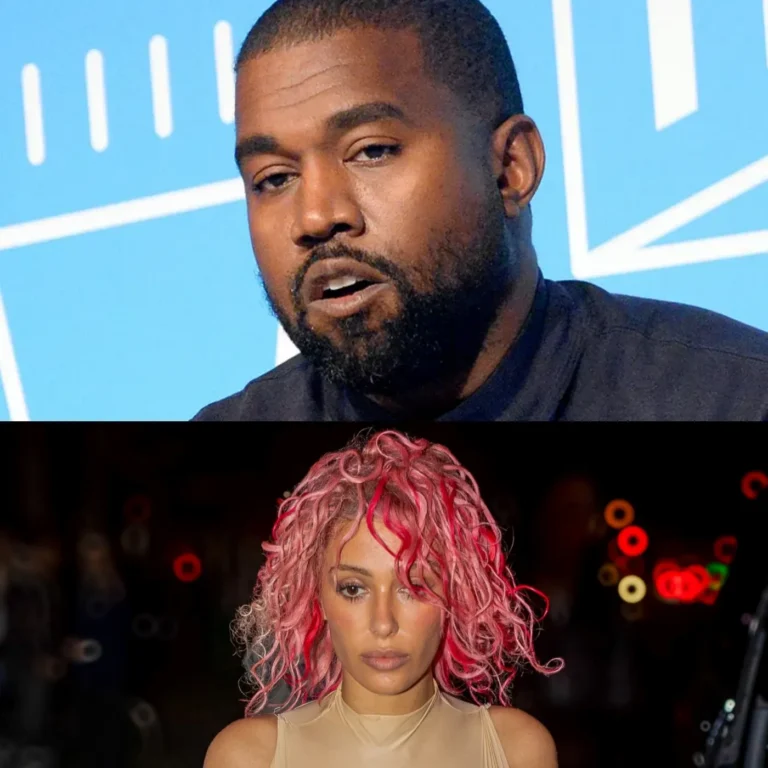
The Michigan Wolverines, once known for their integrity and high standards in college football, now find themselves entangled in controversy, with their reputation in tatters. The days when Michigan football prided itself on being morally superior to its peers are long gone. Today, the Wolverines are grappling with allegations and investigations that mirror the questionable tactics of any other team willing to sacrifice its principles for victory.

Fifteen years ago, Michigan football was scandalized over violating NCAA rules by practicing too much. Fast forward to the present, and the school is now dealing with far more serious allegations, all in the name of preserving its national championship ambitions. Michigan’s recent actions have shown a blatant disregard for its once-sterling reputation, prioritizing championships over ethics.
A Cascade of Controversies
In the last 11 months, Michigan football has been embroiled in a series of controversies that would make any program blush. The university suspended its head coach twice for a total of six games, fought with the NCAA and the Big Ten over multiple investigations, and witnessed the departure of its head coach to the NFL. In a surprising move, Michigan then elevated an assistant coach to the head coach position, despite his involvement in the very investigations that have plagued the program.
This assistant coach, Sherrone Moore, was already suspended once in 2023 for his part in violating NCAA rules. Yet, the university promoted him, fully aware that Moore was implicated in another ongoing investigation involving advanced scouting of future opponents—a practice that could provide Michigan with an unfair competitive advantage.

From Integrity to Scandal
The current scandal brings Michigan full circle to the last time the program faced NCAA violations, back when coach Rich Rodriguez led the team. Then-Michigan president Mary Sue Coleman expressed deep embarrassment, and athletic director Dave Brandon lamented the violation of NCAA regulations, which at the time revolved around practicing too much. Today, the issues are far more severe, suggesting a systematic willingness to bend or break the rules.
Michigan’s current president, Santa Ono, has publicly defended former coach Jim Harbaugh, despite the NCAA’s accusations that Harbaugh misled investigators during the first wave of violations related to illegal contact with players during the COVID-19 pandemic. Athletic director Warde Manuel has similarly defended Harbaugh, even when facing evidence of alleged advanced scouting by staff member Connor Stalions, a scheme that involved surreptitiously gathering information on future opponents to gain a competitive edge.
The Fallout
The fallout from these scandals is far-reaching. Earlier this year, the NCAA placed Michigan on probation for three years, and Harbaugh received a four-year show-cause order for his role in illegal player contact. Yet, despite these penalties, Harbaugh has maintained his innocence and even taken the opportunity to criticize other programs for similar practices. The irony is palpable.
Harbaugh, now with the Los Angeles Chargers, recently spoke out, declaring his commitment to honesty and integrity, despite the accusations against him. “Never lie, never cheat, never steal,” he said—words that now ring hollow against the backdrop of the allegations that have marred his career at Michigan.
Michigan football, a program once held up as the gold standard of collegiate sportsmanship, now finds itself struggling to maintain its identity. The pursuit of success has led to a series of questionable decisions that have damaged its reputation. As the investigations continue and the consequences unfold, Michigan football’s legacy is at stake. The question remains: Can Michigan reclaim its integrity, or is the lure of victory too strong to resist?






